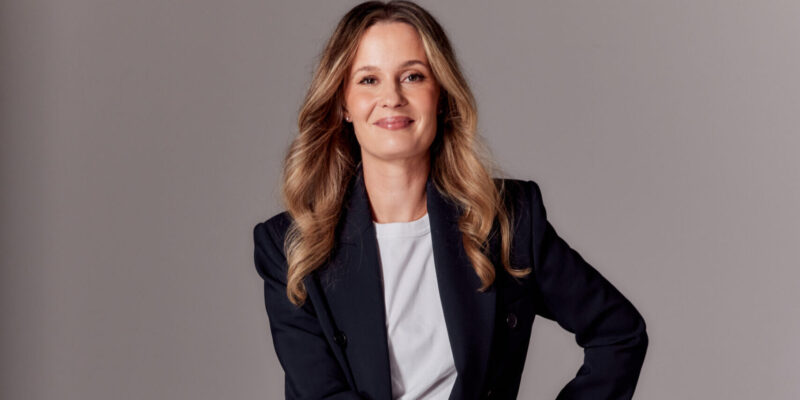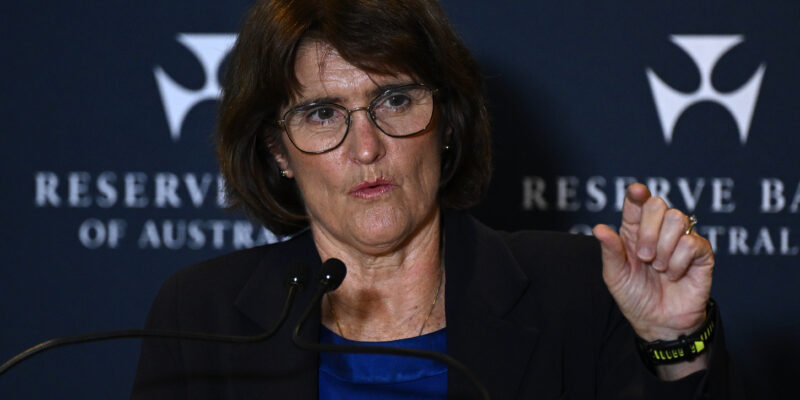Why women bring something special to sales and conveyancing
But gender-neutral qualities like the ability to build trust and confidence to deliver on client needs is paramount.

WHEN Lauren Cunningham first began working in sales, it was very much a ‘boy’s club’.
These days as triSearch head of sales, Lauren sees how women bring unique strengths to the table even though they can at times fail to champion their cause.
“I’ve often seen women conveyancers who are exceptional at what they do but lack the confidence to advocate for themselves,” she says.
Lauren has worked in hospitality management, business development and account management before moving more recently to sales management.
During her career, she has seen both men and women thrive in sales and conveyancing, a factor that comes down to “gender-neutral” qualities including the ability to build trust, confidence, rapport and deliver on client needs.
However, there are common traits successful female sales leaders and conveyancers share, including the ability to actively listen to clients’ needs, a factor Lauren says often leads to strong relationships.
“I’ve found that I am able to build lasting, trusting relationships quickly and naturally,” she says.
“People like feeling cared for, and this holds true for clients too.
“The connections I’ve made over the years – whether with clients, colleagues, conveyancers, or those in the legal tech space – have made my work feel even more rewarding. I genuinely feel like I’m speaking with friends every day.”
Resilience has also been key.
“When I first started in sales, it was very much a ‘boys’ club’. While men might hear ‘no’ and move on, I learned that persistence, combined with a gentle approach, often turns an initial ‘no’ into a ‘yes’,” she says.
“Some people misunderstood this approach, thinking I was trying to prove myself. In reality, I believe it’s not always about the outcome but the journey that leads you to success.”
The shifting landscape in conveyancing particularly as technology advances, also brings significant challenges for an industry already very demanding of its practitioners.
Conveyancers must manage ever rising workloads, complex legal and compliance requirements and the ever threat of cyber-attack, while serving clients as best they can.
Lauren says conveyancers should always take advantage of latest technologies where they can, but while the prudent use of AI can help reduce workloads, it will never replace the oversight needed from conveyancers.
“I have found that while AI can process vast amounts of data it is still the conveyancer’s oversight that creates the meaning to the data,” she says.
Legislative changes, including anti-money laundering and counter-terrorism obligations that will apply from July 2026 will also be one of biggest changes to be faced by conveyancers in recent years.
And a new Seller Disclosure Regime in Queensland coming into effect in August will provide “interesting changes” in the relationship between real estate agents, lawyers and conveyancers.
Under the changes, sellers must provide more information about the property before a contract is signed, making the process for buyers more transparent. The buyer may be entitled to terminate a sale contract before settlement if the disclosure documents are not provided correctly, or there is a mistake or omission that, had the buyer known, they would not have signed the contract.
All this will take a toll on conveyancers, Lauren says, and potentially impact business efficiency.
“Conveyancers will need to be aware of the risk to their physical and mental health brought by the constant stress of long hours and the potential for burnout,” she says.




